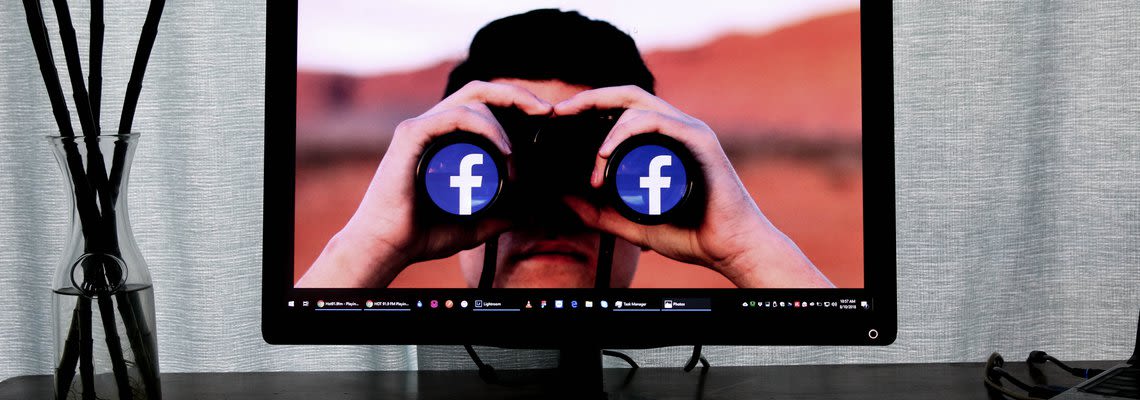
Should Small Employers Social Screen Job Applicants?
It seems as if every day, we hear of a well-known celebrity or public figure dropping an offensive remark, video, or picture on social media. We have all seen the stories and watched with embarrassment as employers distance themselves from the offenders. What hasn’t helped is how ubiquitous social media has become. It’s blurred the boundaries between people’s professional and personal lives. In this hyperconnected world we live in, where colleagues follow and friend one another, employers have access to more information about potential hires and current employees than ever before. Yet, is it a good idea for small employers to social screen job applicants, and how far is too far?
Should Small Businesses Monitor the Online Behavior of their Employees?
Monitoring your employees’ social media should be handled with care. Conducting regular audits of personal websites, blogs, and social media can be overdone and lead to litigation risks. For example, when an employee mentions they have cancer and are suddenly laid off or terminated from their job, they can sue to say they were subject to discrimination as a protected class. According to the EEOC, regardless of how the information was obtained, employers must comply with federal laws that protect applicants and employees from discrimination. When making an employment decision, discrimination based on an applicant’s or employee’s race, gender, religion, national origin, family medical history, or age is against the law. An example of discrimination in the hiring process would be when an employer only asks extensive financial questions to candidates of a certain religion.
The Lynch Law Firm does not recommend screening via social media. When you observe an individual’s social media, including comments and photos, you automatically learn visually observable things about their race, gender, and religion. Besides the legal ramifications of social screening, let’s not forget the cost and time it takes to monitor each employee’s online presence. Yet, according to a CareerBuilder’s survey, nearly half of the employers indicated they use social media platforms to research current employees regularly.
Seventy Percent of HR Managers Social Screen New Applicants
Every job candidate is subject to background checks and some form of screening. According to CareerBuilder, of the 70 percent of employers who did the social screening, 54 percent stated that they did not extend an offer to applicants whose online presence raised concerns. The three BIG red flags that kept candidates from getting the job include:
Discriminatory online statements about religion, race, or gender
Discriminatory online comments about their previous employers or former co-workers
Uncovering evidence that the information about their work history or qualifications was inaccurate.
Another survey completed by the Society for Human Resource Management revealed that 39 percent of employers allowed potential applicants to explain their online behavior before they made any employment decision.
What Should Small Businesses be Looking for When Social Screening?
But it isn’t all negative. Thirty-seven percent of employers surveyed by CareerBuilder claim they found information that helped support an applicant’s qualifications. Over half of the employers surveyed sought candidates with a positive and professional online presence. Even when employers were looking to fill a creative role, employers were impressed by the level of creativity expressed by specific candidates.
Above all, employers should be prudent when using social media profiles to circumvent the use of criminal and credit background checks. Litigation risks increase when a small business uses the information found on social media as a basis for any hiring decision. When in doubt, always refer to the EEOC website about pre-employment requirements before making any definite decisions.